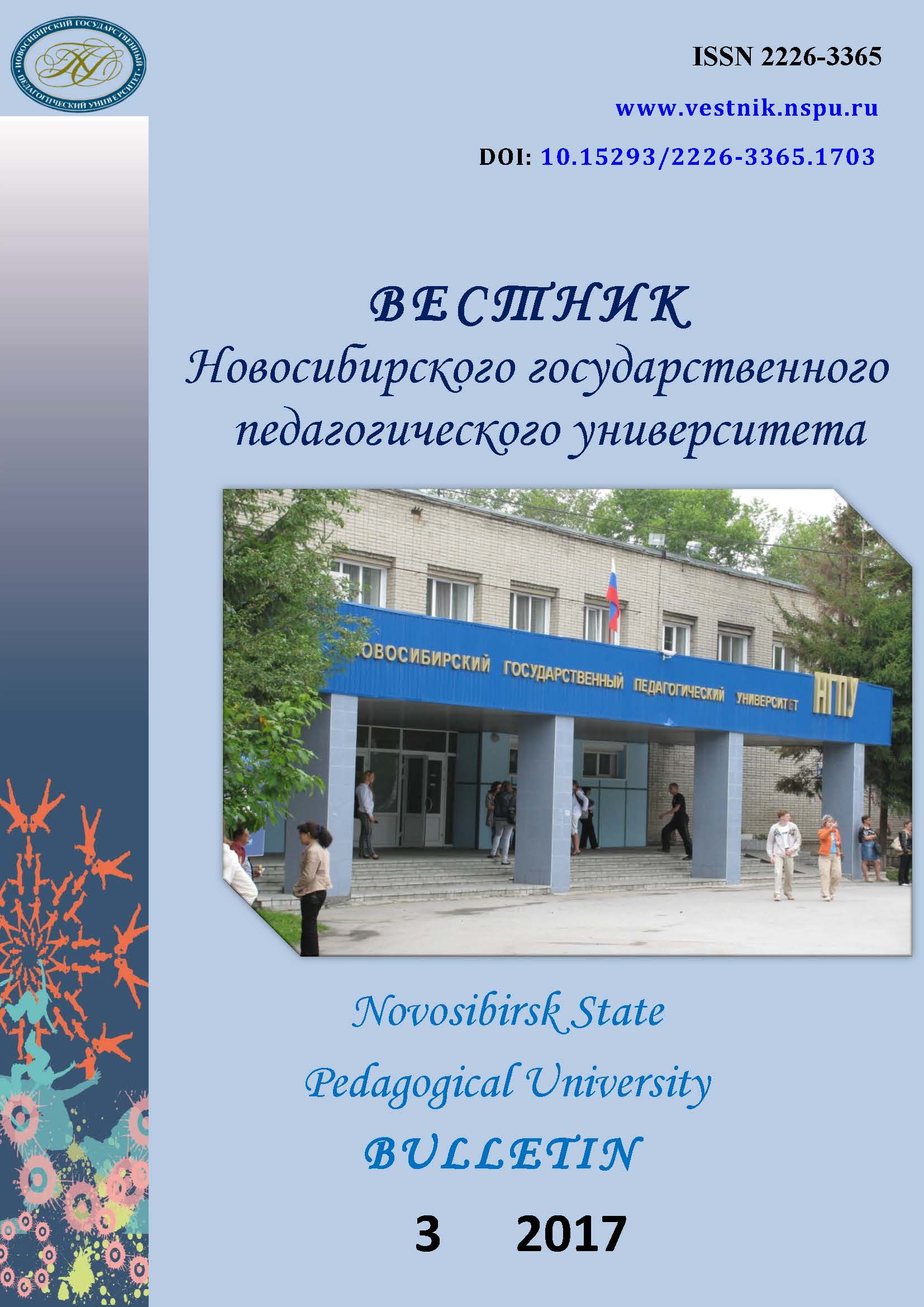Динамика парадигм высшего образования России (конец XIX – начало XXI вв.)
Dynamics of Higher Education Paradigms in Russia (from the end of the 19th century to the beginning of the 21st century)
Author(s): Dmitry Vitalyevich Lisitsky, Aleksey Grigoryevich Osipov, Vladimir Georgiyevich Kicheev, Vyacheslav Nikolaevich Savinykh, Natalya Nikolaevna MakarenkoSubject(s): Vocational Education, Higher Education , State/Government and Education
Published by: Новосибирский государственный педагогический университет
Keywords: Higher education; Paradigm shift; Globalization; Privatization; Evolutionary process; Localization; Internationalization
Summary/Abstract: Introduction. The authors of the article analyze the problem of correlation of paradigms shift frequency in Russian higher education to the stages of social development during the periods of modern and postmodern. The purpose of the article is to investigate contradictions of globalization and localization within the framework of higher education. Materials and Methods. The article is based on the concept of ‘paradigm shifts’ intro-duced by T. Kuhn, which is considered by some contemporary researchers as evolutionary process. Nowadays, the nature of education paradigms is rapidly changing all over the world. New principles of marketing policy and market tools have been introduced in the countries previously characterized by a high level of government control over higher education. Higher education in Russia in 1980s remained within the industrial paradigm and did not meet the post-industrial challenges. In 1990s Higher education in Russia was characterized by fast transition to the post-industrial scientific and educational paradigm. The majority of researchers consider com-mercialization of education as a compromise between government control, academic autonomy, and privatization. Results. The main results consist in identifying problems and consequences of global marketing and privatization within the field of higher education: competition growth, strengthening of protectionism, and preservation of national scientific and educational space. The authors suggest the ways of competitive development of higher education system: expansion of regional cooperation, strengthening of research functions of universities, entry into the process of globalization with the concepts of provider education. Conclusions. In conclusion, the authors emphasize the need to analyze the role and functions of Higher education in Russia taking into account the contemporary demographic situation. The authors stress that building the strategy of higher education it is important to consider reducing the role of higher school in «knowledge economy» and intensification of "brain drain" on regional and global levels.
Journal: Вестник Новосибирского государственного педагогического университета
- Issue Year: 7/2017
- Issue No: 3
- Page Range: 157-175
- Page Count: 19
- Language: Russian

